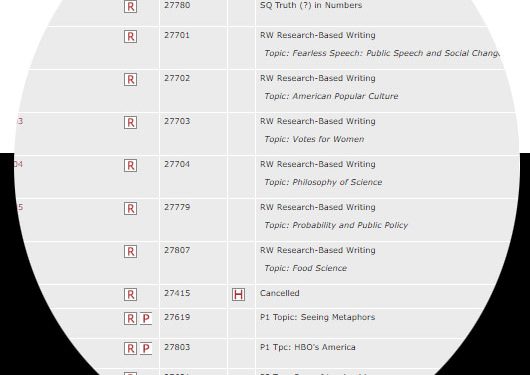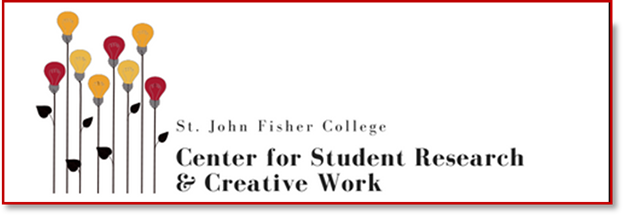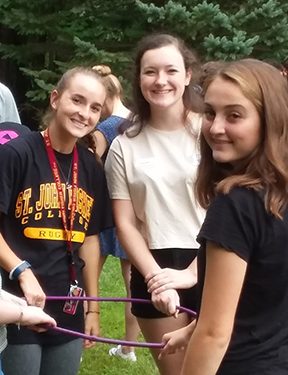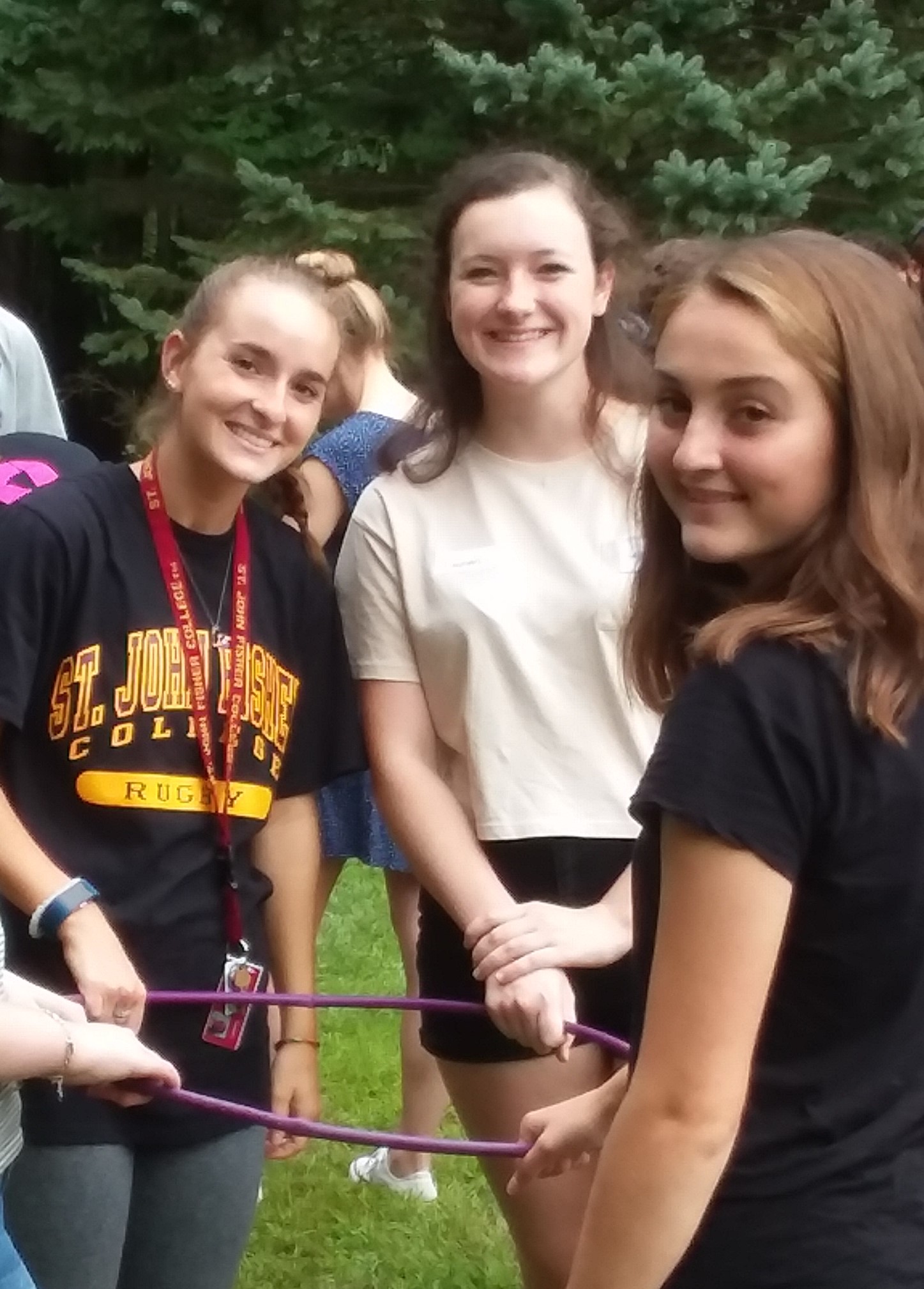All freshmen MUST take an Honors 199.
199 (01) Fearless Speech: Public Speech and Social Change (encouraged for Business and Social Science majors)
What moves people to action? What inspires social change? It’s often the language of someone brave who marshals the right words, at the right time, to embolden us to solve hard and even impossible problems. In this 199 we will study the new generation of orators, like Greta Thunberg and Emma Gonzalez, along with famous orators from other periods in history, like Abraham Lincoln and Rochester’s own Frederick Douglass, to understand the connection between fearless speech and social change. We will be joined by influential leaders in the community who will tell us about how they prepare and deliver their speeches, and what kinds of speech moves them to action. For your semester project you will select an orator who most interests you and research the context, persuasive strategies, and impact of their speech, developing your critical and analytical skills, your knowledge of culture, and your understanding of the power of language.
199 (02) American Popular Culture (encouraged for Humanities majors)
Pop culture can appear to be merely shallow, simple, mindless entertainment. But what would it mean to take pop culture seriously? What might it tell us about who we are, even if just as evidence of what is popular with a broad array of people? In this course students will explore varying manifestations of American popular culture (film, music, gaming, television, or other forms) and consider how these texts speak to what Americans value, what they believe, and what they aspire to be. CITATION STYLE: MLA
199 (03) Votes for Women (Encouraged for Humanities, Social Science, Nursing)
199 (04) Philosophy of Science (Encouraged for Science, Psychology, Nursing)
In this course we will explore and analyze the framework that intends to support humanity’s quest for true knowledge. At the same time, students will use writing as a tool for thinking, and will learn the basic tenets of writing an academic research paper. Emphasis will be on elements of persuasive argumentation, the inclusion of more than one perspective on an issue, the proper use and documentation of sources, and revision. Students will also practice oral presentation of their research
199 (05) Probability and Public Policy (Encouraged for Math, Nursing, Sciences)
In this course, you will explore the fundamentals of probability, and apply them to real-world decisions in both the personal and the public sphere. You will analyze a variety of local, national and international issues where probability plays a central role (such as “If this person’s DNA profile matches the sample from the crime scene, how likely is it that they’re the criminal?”, or “How high a sea wall should we build in order to protect a nuclear reactor from a tsunami?”). Your work will culminate in an examination of a significant public policy debate, applying probability theory as part of an assessment of competing perspectives on that issue as you craft an argument supporting your own conclusions.
199 (06) Food Science (Encouraged for Chem and Bio majors)
HNRS 190 SQ Truth (?) in Numbers Dr. Kocman (recommended for Freshmen)
It is increasingly important to learn how to critically analyze data and to consider how others may have distorted data to tell their “truth.” In this class, students will develop quantitative skills to enable them to critically analyze data. Students will first learn about different types of data and data sources as well as ethical treatment of data. They will learn to manage data in Excel, and they will learn how to describe data using summary statistics, tables, and graphs. Students will analyze real-world scenarios by interpreting and using data to draw conclusions and describe limitations.
HNRS 290 P4 Topic: World Building Dr. Green
This course will focus on astrobiology: the study of the origin, evolution, distribution, and future of life in the universe. It integrates concepts drawn from many of the traditional science disciplines such as geology, astronomy, and biology. We will explore how each aspect of a planet, from its stellar environment to its geological structure, can impact the life on it and how that life can impact the physical characteristics of the world. The course will be project-based, with students working in teams to create an imaginary planet and to write a guide to this world, complete with descriptions and visuals representing its physical and living environments and how they interact.
HNRS 295 P5 Italy through Food
[Tentative. Will focus on culture and history through food traditions. Will include some cooking.]
HNRS 275 (01): P1 Seeing Metaphors Prof. Iuppa
This course examines metaphor as it is represented in selected twentieth century American film and literature. Why are metaphors an essential component of human communication? What is the relationship between art and metaphor? How do writers and filmmakers employ metaphor to effect cultural and social change? The works in question will allow us to analyze the conflicts and moral dilemmas confronting the individual in society.
HNRS 275 (02): P1 HBO’s The Wire Dr. Sodano
This course looks at HBO’s The Wire, one of the most critically acclaimed programs in TV history, and unpacks it as a socially relevant television show. Throughout its five seasons, the series, created by David Simon, depicts how American social institutions (including law enforcement, capitalism, politics, public education, and the mass media) affect the people who are served by them. This seminar will examine those elements, HBO’s role in television culture, and contemporary TV issues—which often are ignored in classroom discourses on The Wire—such as serialized storytelling, narrative complexity, and post-network criticism.
Taking advantage of the coincidence that an academic semester’s length mirrors that of one season of the series, this course examines in sequence each episode of The Wire’s first season. An examination of The Wire necessitates an in-depth, semester-long, full-season commitment. Through this inside-out approach—as opposed to learning through arbitrary clips or a five-seasons-in-one-semester binge—students will analyze the creation and evolution of one season of a popular series the way HBO initially had distributed it in 2002, and its influences on American culture since then.
HNRS 285: P3 Psychology of Leadership Dr. Franz
This course will examine the underlying psychological principles behind being a strong team contributor, a team leader, and a leader. In the course, you will learn the principles in these areas and practice them in ways designed to improve teams, leaders, and develop organizations. Some of the principles will include group dynamics, improving teamwork, understanding leadership, adult learning principles, and team and organizational development.
HNRS 265: International Travel: Spain & Morocco (not recommended for seniors!)
This course will take place almost entirely May 10-24 in travel to Spain and Morocco. In addition to the unique travel experience, students will explore the mutual influences of Moroccan and Islamic culture and southern Spanish culture over the past 500 years, as well as the position and representation of Islam in contemporary Spanish culture. This course has a fee that covers the entire travel package. While it is part of your Spring course registration, you will have only 1-credit’s worth of work to do during the semester.
HNRS 425: The Review (not recommended for freshmen. 1 credit. Pass/Fail)
The Review is a journal produced by the Honors Program that publishes the best scholarship written by Fisher’s undergraduate students. Students in this course research possible platforms and budgets, create publicity campaigns to encourage submissions to The Review and later to make the work in the published review visible on and off campus. Students read, evaluate, and edit the essays through a confidential system. The work we do is practical, creative financial, and active, and culminates in the publication of the Review in the spring. Graded S/U.
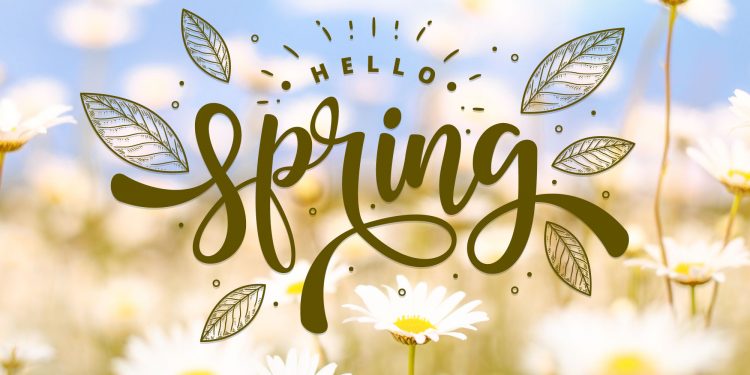
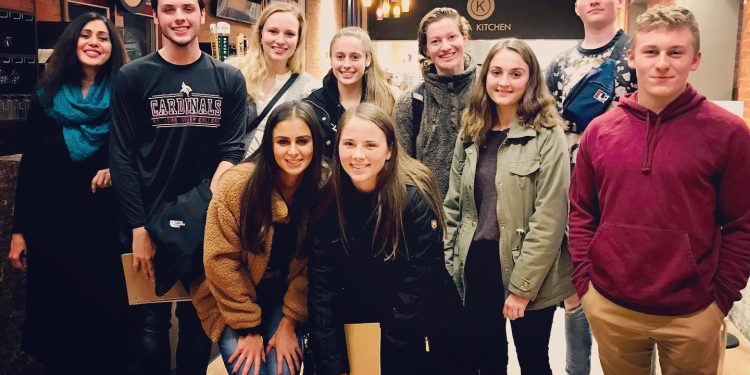
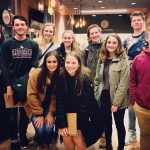 Recently, students in Mara Ahmed’s Honors course watched Michael Winterbottom’s In This World, a documentary-style film that follows the arduous (and ultimately tragic) journey of two young men (Jamal is only 15) who risk everything and travel from a refugee camp in Pakistan to Iran, to Turkey, to Trieste in Italy to London. Some parts of their journey are more harrowing than others, but one that’s particularly unforgettable is the long voyage on board a sh
Recently, students in Mara Ahmed’s Honors course watched Michael Winterbottom’s In This World, a documentary-style film that follows the arduous (and ultimately tragic) journey of two young men (Jamal is only 15) who risk everything and travel from a refugee camp in Pakistan to Iran, to Turkey, to Trieste in Italy to London. Some parts of their journey are more harrowing than others, but one that’s particularly unforgettable is the long voyage on board a sh